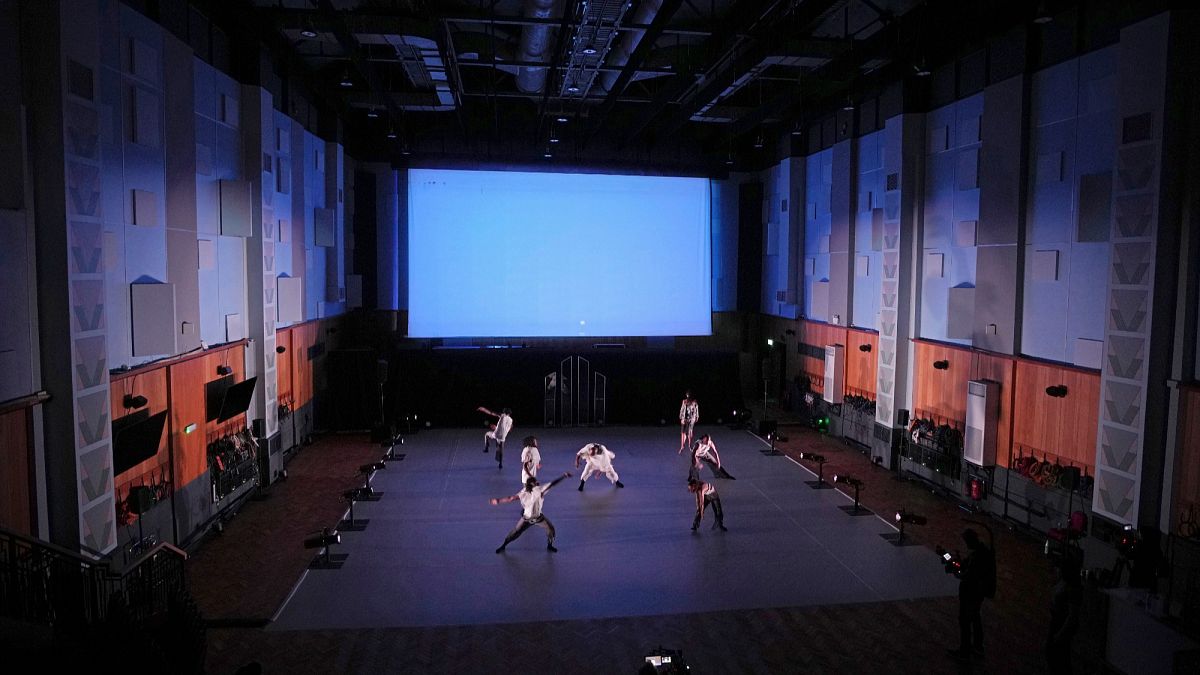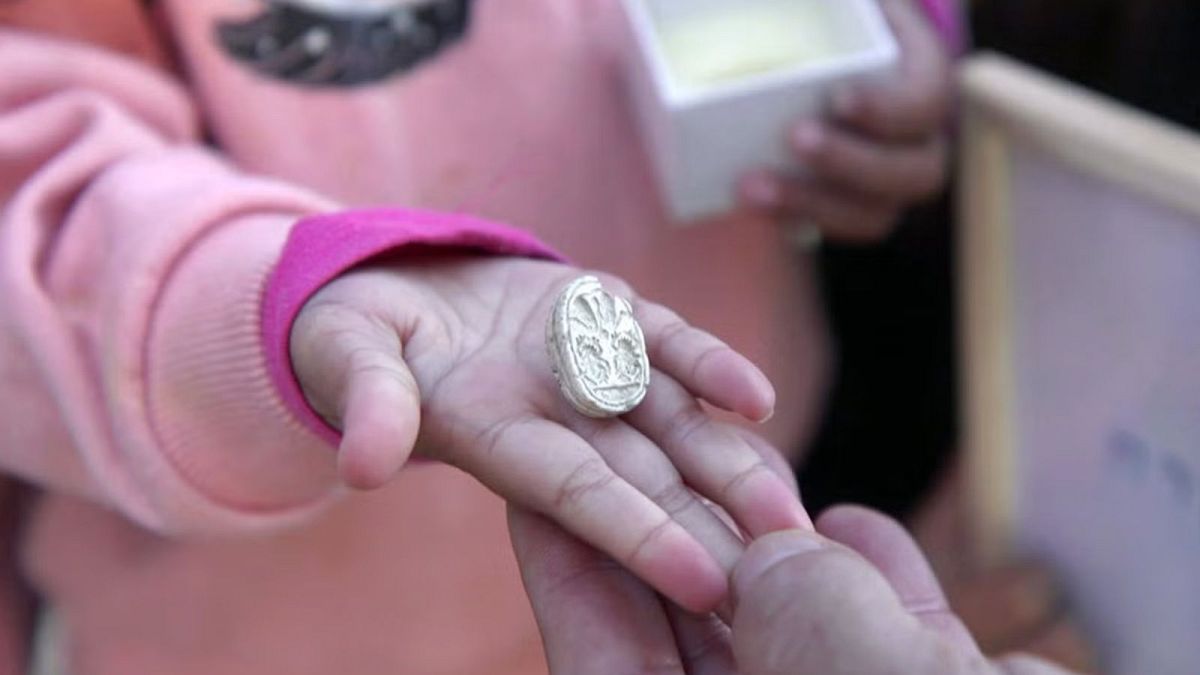As it does every autumn, the Grand Prix d'Horlogerie de Genève (GPHG) is set to honour the year's most outstanding timepieces. The 24th awards ceremony will take place on 13 November at the Théâtre du Léman and will be broadcast live on Euronews.com.
Who will succeed Audemars Piguet?
This year, 90 timepieces selected by the GPHG Academy are vying for 20 prizes, including the prestigious Grand Prix de l'Aiguille d'Or, which was awarded to Audemars Piguet’s Code 11.59 at last year’s ceremony.
As in previous years, 15 categories will be represented. New to the 2024 edition is the removal of the "Mechanical Clock" category in favour of "Time Only," a category dedicated to timepieces without complications. Additionally, the Innovation Prize has been redefined as the Eco-Innovation Prize, now honouring creations focused on sustainability and traceability.
Raymond Loretan, President of the GPHG, told Euronews the main objective of the Grand Prix is to have “the art of watchmaking be considered as the 12th art.”
“It’s more than just a prize,” he remarked. “While we’re showcasing the world’s most exquisite watches for 2024, our mission goes beyond that. We’re promoting the love of this art and inspiring young people with the values of watchmaking: innovation, tradition and creativity.”
Watchmakers showcase astonishing innovations
Among the unchanged categories, the ‘Ladies’ category will feature Hermès’ debut women’s mechanical watch, Hermès Cut, alongside jewellery watch icons such as Van Cleef & Arpels and Chopard.
In the prestigious ‘Mechanical Exception’ category, Bovet presents its Récital 28 Prowess 1, which, according to the brand’s charismatic CEO Pascal Raffy, “solves a problem that is centuries old.” Timepieces with universal time functions have long struggled with adjusting to daylight saving time, which varies by region. Bovet’s solution utilises a system of rollers that allows all cities to align with the correct time zone in one smooth movement.
Awards for more accessible watches
In the ‘Calendar and Astronomy’ category, watchmaker Peter Speake and Manufacture Frédérique Constant unveil their new perpetual calendar, competing alongside H. Moser & Cie’s latest edition of the Endeavour, which ingeniously combines the Chinese luni-solar and Gregorian calendars.
Two categories are dedicated to more accessible watches: ‘Petite Aiguille’, for timepieces priced between CHF 3,000 and CHF 10,000, and ‘Challenge’, for watches costing less than CHF 3,000. The former sees the return of vintage brand AMIDA, known for its digital designs from the 1970s.
In the ‘Artistic Crafts’ category, Piaget celebrates its 150th anniversary with a stunning green Glowing Weave watch, created from malachite, chrysoprase, engraved gold, and diamonds. Louis Vuitton and ANDERSEN Genève are also in contention for this award.
The 90 timepieces exhibited in Geneva
Piaget, along with Vacheron Constantin and TAG Heuer, rank among the most awarded brands at the GPHG, each with 10 prizes. Leading the pack, Audemars Piguet has won prizes in 12 of the past 23 editions.
This summer, the GPHG Academy, a 980-member body of experts from the world of watchmaking and the arts, pre-selected these 90 timepieces from a field of 273 entries submitted by 146 international brands. Following showcases in Hong Kong, Ho Chi Minh City, and New York, the selected timepieces are now on display in Geneva until 17 November.

 4 months ago
37
4 months ago
37






 We deliver critical software at unparalleled value and speed to help your business thrive
We deliver critical software at unparalleled value and speed to help your business thrive






 English (US) ·
English (US) ·